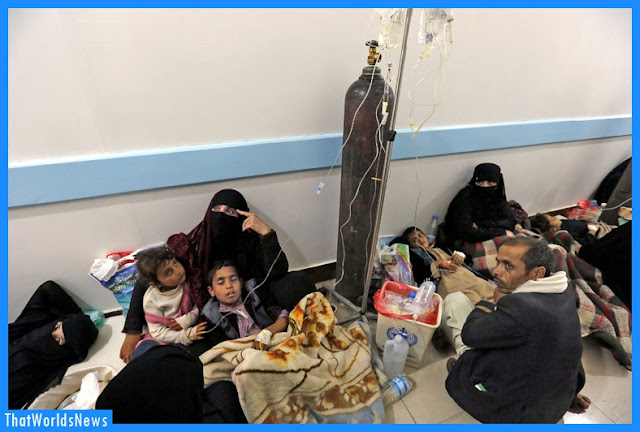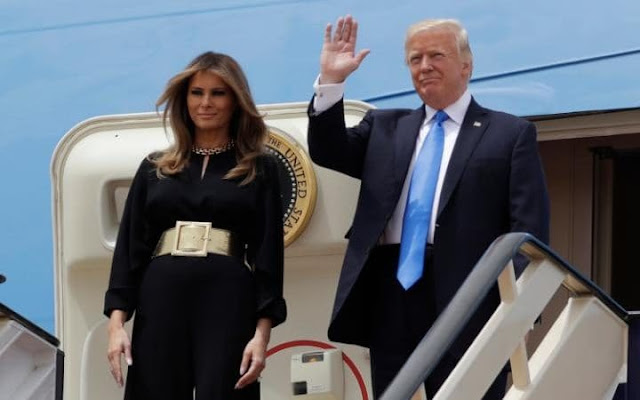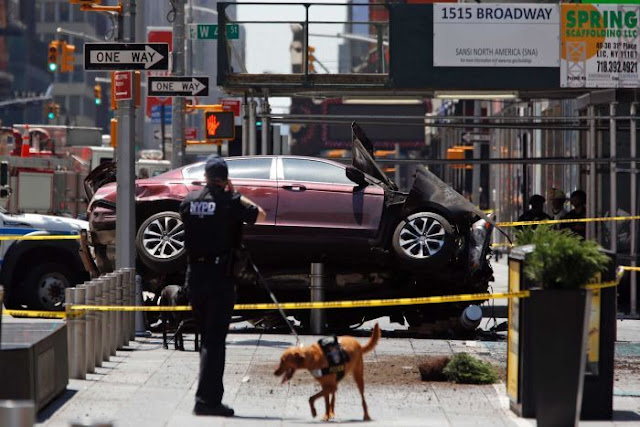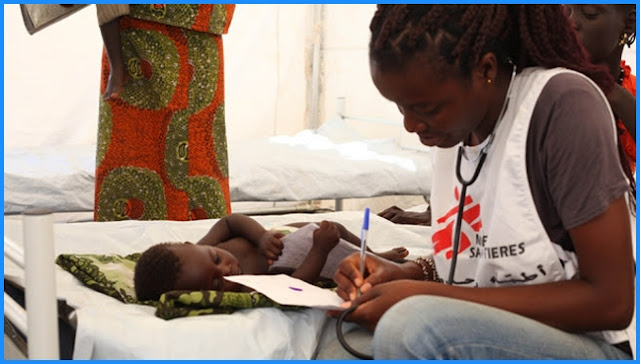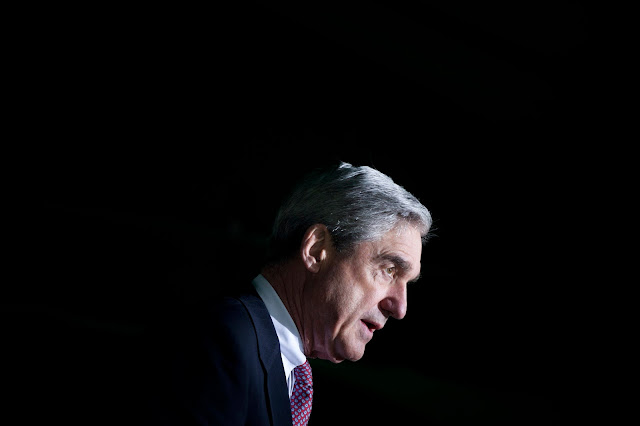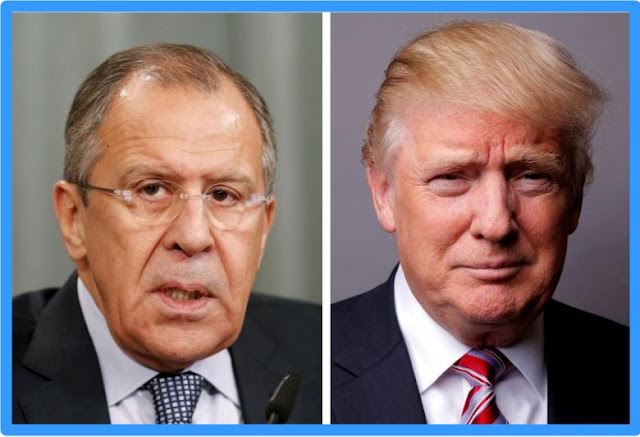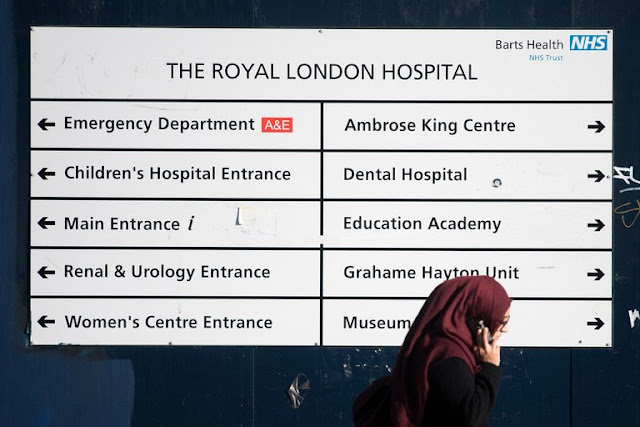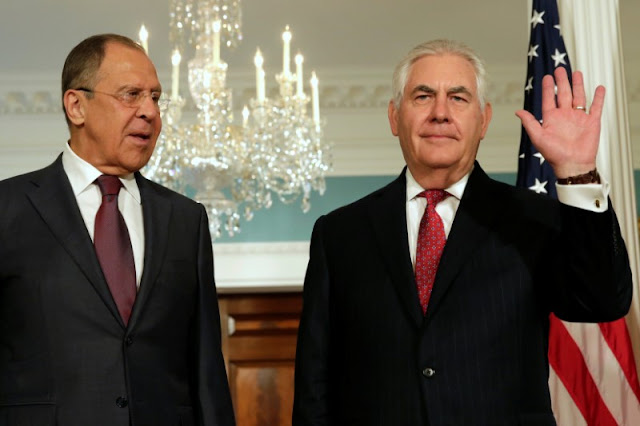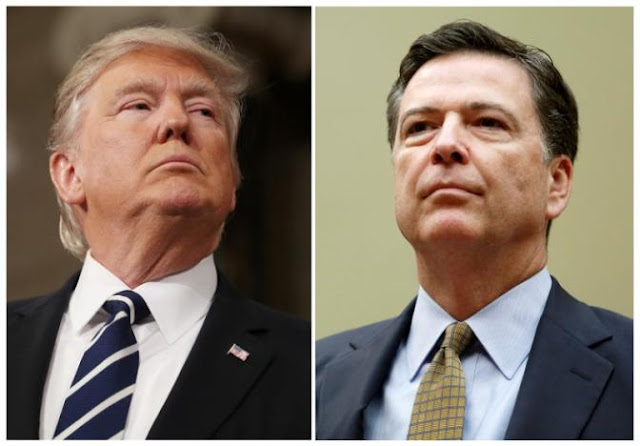Smoking damages livers of unborn babies
Scientists discovered that the mixture of chemicals in cigarettes is especially harmful to developing liver cells.
They developed a method of studying the consequences of maternal smoking on liver tissue using embryonic stem cells.
The team, led by the University of Edinburgh, also discovered that the cigarette chemicals affect fetuses differently depending on their gender.
Throughout their research they used pluripotent stem cells - cells which have the ability to transform into other cell types - to build fetal liver tissue.
Liver cells were exposed to the noxious chemicals found in cigarettes, including specific substances known to flow in fetuses when mothers smoke.
The study revealed that a chemical cocktail - similar to that found in cigarettes - harmed fetal liver health more than individual components.
Lasting harm
Dr David Hay from the University of Edinburgh's centre for regenerative medicine, said that cigarette smoke is known to have damaging effects on the fetus, but appropriate tools to study this in a very detailed way are lacking.
This new approach means that there are now sources of renewable tissue that will allow us to understand the cellular effect of cigarettes on the unborn fetus.
The liver is essential in clearing dangerous substances and plays a major role in regulating metabolism.
Smoking cigarettes, which contain around 7,000 chemicals, can harm fetal organs and may do lasting harm.
Male tissue demonstrated liver scarring while female tissue showed more damage to cell metabolism.
This work is part of an ongoing project to understand how cigarette smoking by pregnant mothers has harmful effects on the developing feetus. - Prof Paul Fowler, director of the institute of medical sciences at the University of Aberdeen
These discoveries shed light on fundamental differences in damage between male and female fetuses.
The study is published in the journal Archives of Toxicology.


